The Free Trade Hall
The Free Trade Hall on Peter Street, Manchester was a public hall. It was constructed in 1853–56 on St Peter’s Fields, the site of the Peterloo Massacre, it is now a hotel.

The hall was built to commemorate the repeal of the Corn Laws in 1846 which is another famous part of Manchester’s history. The architect was Edward Walters. The hall was owned by the Manchester Council from the 1920’s until it ceased. It was bombed in the Manchester Blitz, its interior was rebuilt, it was also Manchester’s premier concert venue till it closed.

This is another interesting collection of programmes which are in a miscellaneous set. The first programmes of the Charles Halle concerts were in 1875 and it states that tickets were available from Forsyth Brothers which were at that time on Cross Street and South King Street, I never realised that they had been in existence since 1857!!

All of the programmes for the Halle concerts had the words of the songs were printed inside the programmes. I wonder whether the audience actually joined in with the professional opera singers, if so it must have been an amazing experience. Please listen to the music below of the Halle Orchestra celebrating its history with Manchester.
The programmes are so beautiful. The first one in the collection is for 1863 for a French acrobat called Mons. Jules Leotard, who was originally part of a double act with his brother; that was where the name ‘Leotard’ originated from. In 1871 there was a show dedicated as a Farewell to Frederic Maccabe who was a very famous ventriloquist of his day who wrote several books on this subject. A very little known fact about him was that despite his glittering career, he ended up in ‘The Ormskirk Workhouse‘ where he died in 1904, what a sad ending for such a legend in his field.
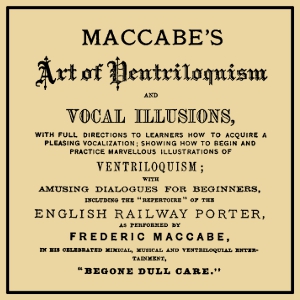
Amongst the collection there is a ticket to attend a reception and a talk given by Dr Fridtjot Nansen in 1897 by the Manchester Geographical Society. On checking up I discovered that he was a famous Norwegian explorer and scientist who was awarded the Nobel Peace Prize.
There is also an interesting programme for a George Everett, who talked on science and mystery, on the last page of the programme is a beautiful advert for John Goshnell and Co, Perfumers and strangely enough this company is still going.
In December 1898 Frederic Villiers, a War artist and a war correspondent.gave a talk at the Free Trade Hall about the Boar War.
In January 1912 the Chronicle Cinderella Club put on a concert which had over 50 artistes starring in it. The charity was raising monies for disadvantaged children who were under the age of 18 and who lived in Lancashire, this Club was still in existence in 2010.
In 1920 Lowell Thomas gave a talk on his meeting with Allenby in Palestine and his meeting with Lawrence of Arabia. If you go to Israel today and visit Tel Aviv you can go to Allenby Street and have a coffee or go to a disco.
In 1925 the Free Trade Hall was used as a cinema to show a Rudolf Valentino film, ‘Monsieur Beaucaire‘. How strange that they would show it there and not in a cinema. Sadly Rudolf Valentino died the year after and it caused mass hysteria all over the world. The proceeds from the ticket sales went to the Manchester and Salford Hospitals.
the film also starred Bebe Daniels who in the 1950’s gained more fame in on the radio in England in the programme ‘Life with the Lyons with her husband Ben Lyons.
In 1951 there was a variety show in aid of The Red Cross and top of the bill was The Fairey Aviation Works Brass Band, another northern specialty; Brass Bands!! Companies who had Brass Bands often employed people to work in their companies solely with the view of having the best musicians in their brass bands.
In 1960 the eminent Shakespearean actor Donald Wolfit and his wife Rosalind Iden did a whole evening of scenes from Shakespeare
Finally in the last programme for the Free Trade Hall in the collection at Manchester Central Library Archives+ is one for ‘Nina and Frederic’, the famous folk act who were very famous for their very special versions of folk songs in the early 1960’s.
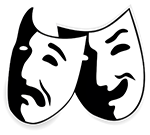
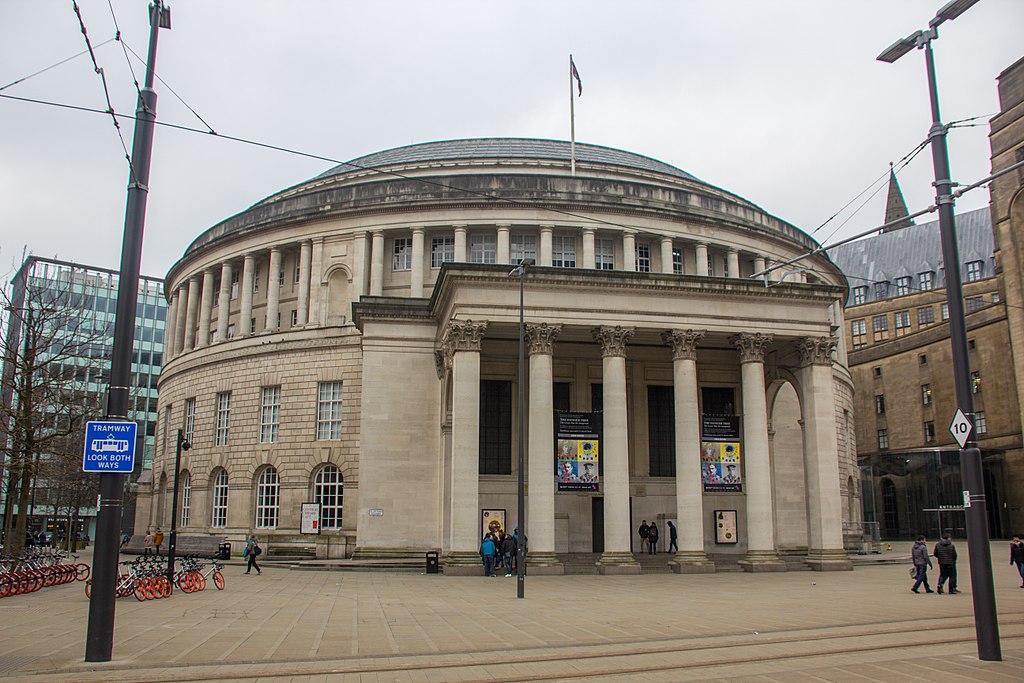
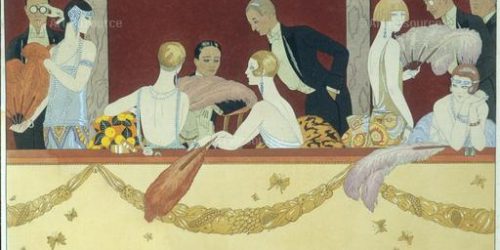
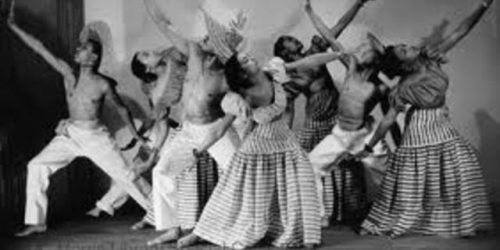
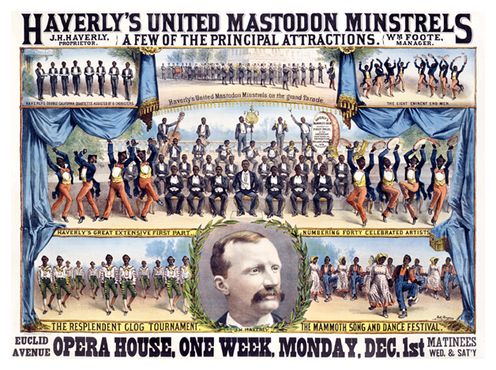
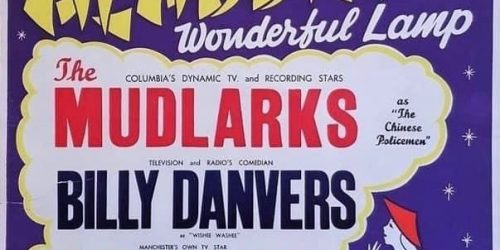
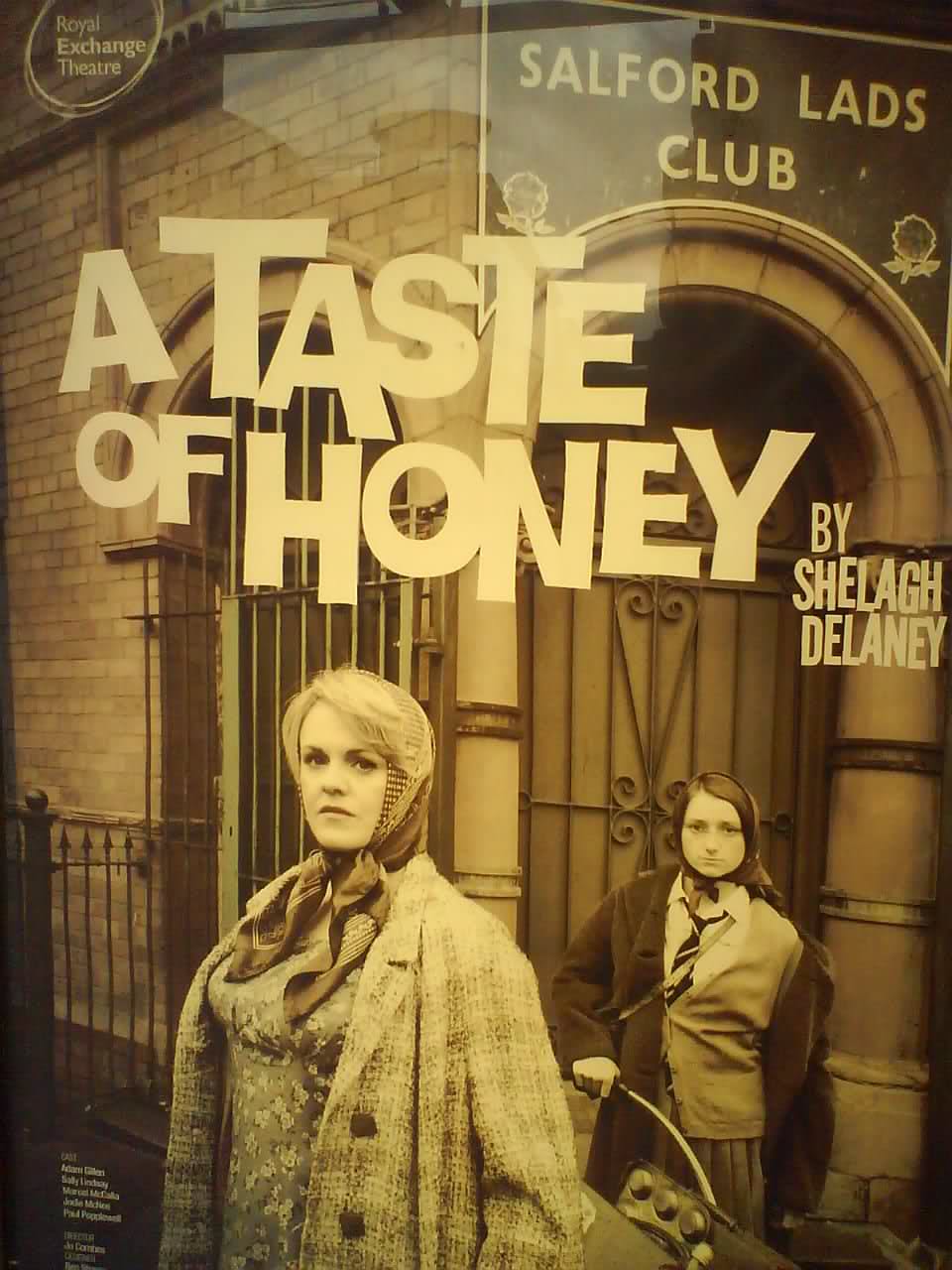
The Halle Orchestras home is now Bridgewater Hall. A monument of Sir John Barbirolli is outside.
Looking forward to seeing you Sunday☺
You may enjoy my book, Were You There? Popular Music At Manchester’s Free Trade Hall 1951-1996 (Empire Publications) empire-uk.com/FTH.html
Thanks Richard, I will try and find it
Regards
Marilyn
Hi Richard
Thanks for that, I’ll definitely order the book
Many thanks